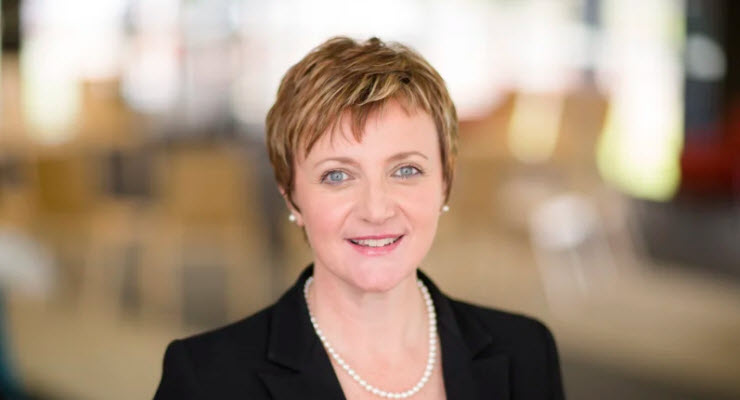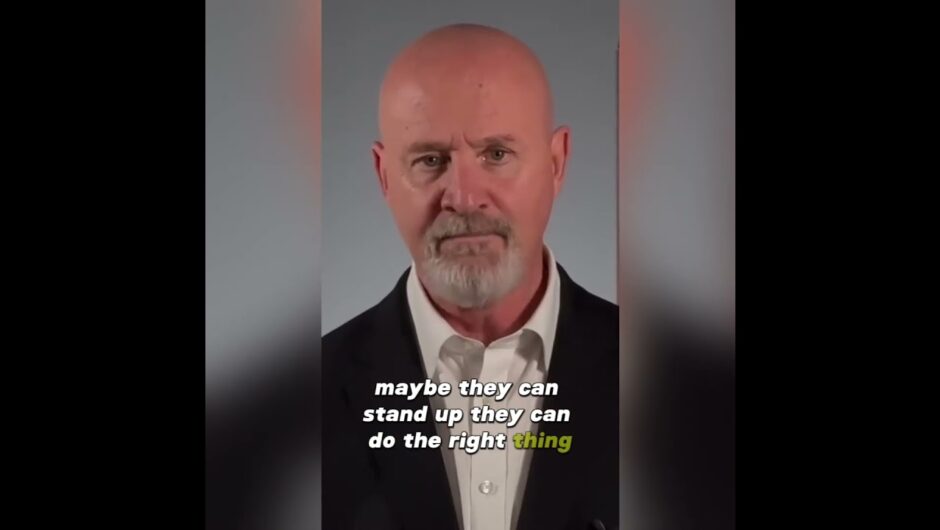The nature of all-boys’ schools needs to be disrupted if we want to change Australia’s culture of misogyny and sexual violence.
Last week, Archbishop of Brisbane Mark Coleridge penned this tweet: “A Church which says we can’t ordain women is equally obliged to ask how we might include women in leadership…’’
Never has that need been greater. The dearth of female leaders in our all-boys schools — both in the Catholic system and the wider independent sector — is a traditional misogyny that must be addressed. And it must be addressed now, to help forge a change in a culture which has broken the spirits and futures of too many young women.
Coleridge, a forward thinker despite his Church not always being that way, is an alumnus of St Kevin’s College, the exclusive Catholic private boys school in Toorak, Melbourne. This is the school, run by Edmund Rice Education Australia (EREA), that has been mired in controversy in recent times, including an incident where a swag of male students were filmed on a tram chanting filth about women.
Its new principal Deborah Barker was appointed on the back of that scandal; the first woman to hold the position in the school’s 100-plus year history. She was seen as part of the antidote to a culture that had seriously damaged the St Kevin’s brand. Not that the school or EREA has ever trumpeted that fact. Indeed, a search of the school’s website shows it’s not an appointment the school is really acknowledging.
Barker was announced last year, but still does not even appear listed as the school principal; it’s the acting deputy principal who features at the top of the St Kevin’s leadership team tree — though the school confirmed she is the head when contacted via phone.
No doubt exists that St Kevin’s needs the strong influence of a talented female educator to drive cultural change. But what we saw there tells a story of other boys’ schools across the nation, where deep-seated sexism and misogyny is prompting thousands of schoolgirls to come forward with stories of sexual abuse, harassment and rape.
Barker appears to be the only female head of a significant private or faith-based all-boys school in Australia. The only one. (And if you can think of another outside of the state sector, where there are a handful, please let me know!)

On the other hand, a male head of an all-girls’ school is not out of the ordinary. Sometimes it’s even sought. Indeed, of all the all-girls’ schools in Australia, there are about 16 male principals out of 157 across state, Catholic and private institutions.
Many girls’ schools also have several males as part of their leadership team, and actively seek male influences inside the classroom and in extra-curricular activities ranging from sport to public speaking.
That’s because it is understood that our teenagers gain from having both female and male role models and perspectives. A girl’s education shouldn’t be delivered only by women, and a boys education shouldn’t be delivered only by men.
The lack of women in leadership positions needs to change, and it starts with curbing the influence of old boys’ networks whose stakeholder status is often prioritised. Our all-boys’ schools need to look more to the future and less to the past.
You can see it in the subjects offered, and in the schools’ wealth base, and in the donations and bequests of families. You can see it right up at the top, in the principal’s office.
Every industry has faced disruption in recent years — traditional all-boys’ schools, built on historical networks and outdated culture, need to face their own disruption.
That doesn’t mean a gender-aware man can’t be an excellent all-boys’ school leader, but surely it means a woman can do the same job — if they were just given the chance.
Will more women in leadership positions fix the cultural problem in all-boys’ schools? Let us know your thoughts by writing to [email protected]. Please include your full name to be considered for publication in Crikey’s Your Say section.

Follow the team that follows the money
Nobody digs into corruption in this country better than Crikey does.
Now we’re digging even deeper with our new multi-part series, The Dirty Country: Corruption in Australia, where our team lifts the lid on corruption, telling us how it’s done, who wins and what it costs.
Get involved. Follow the team that follows the money. Save 50% on a year of Crikey — that’s just $99 for an annual membership — when you subscribe today with the promo code CORRUPTION.
Peter Fray
Editor-in-chief of Crikey








